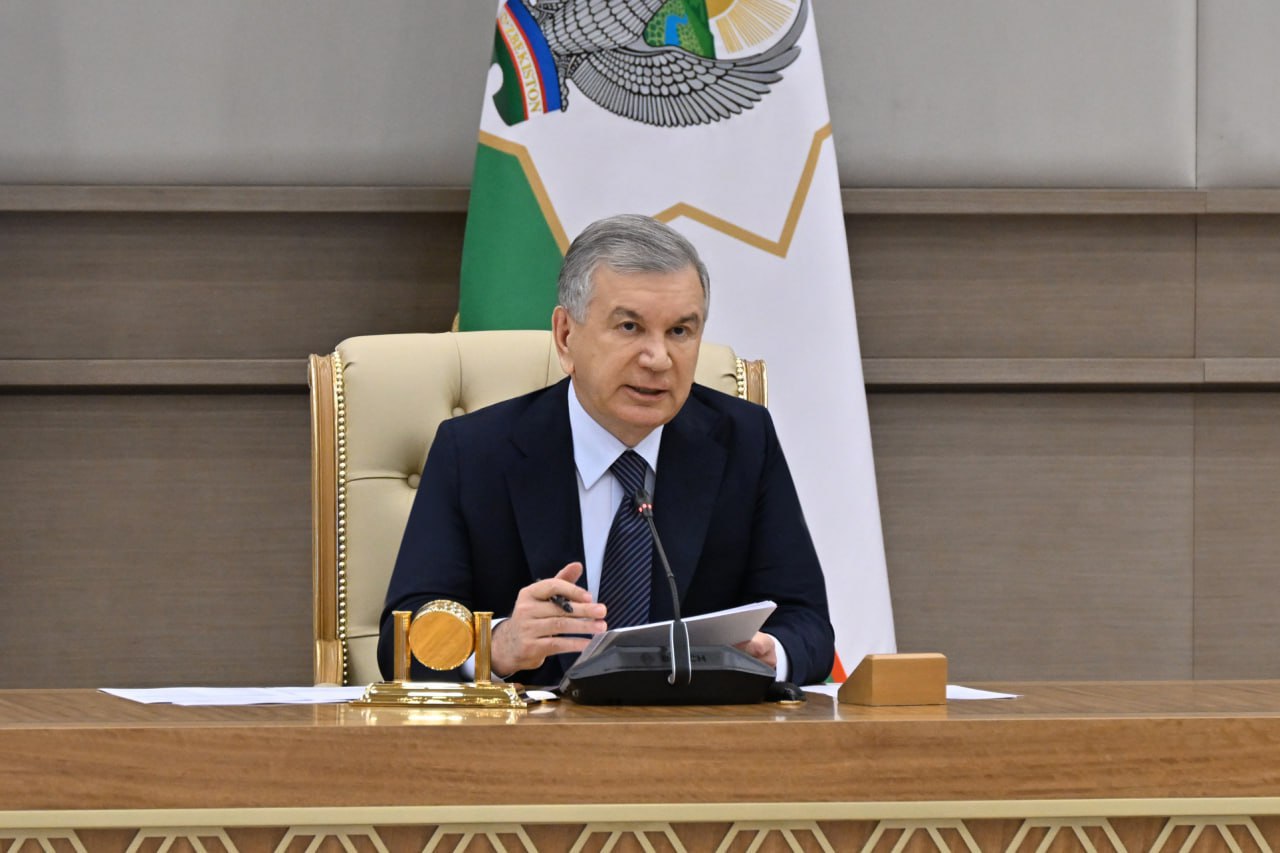“We will create a system where family doctors earn $1,500 and nurses earn $600–800 a month” — President Mirziyoyev
From now on, doctors and nurses in primary healthcare will work only on a full-time basis. The number of obstetricians and gynecologists at polyclinics will be doubled.

President Shavkat Mirziyoyev has announced a new system to improve the quality of primary healthcare services in Uzbekistan, according to the presidential press service.
It was emphasized that nearly two years of preparation went into the reforms discussed at today's meeting, and experts from leading international medical centers were involved.
“If we properly establish the foundation of primary care, digitalization, and insurance, improve the knowledge and practical skills of medical personnel, and – most importantly – raise the population’s medical literacy, we will achieve our intended goals,” the president said.
The new system was explained in detail using the example of a polyclinic in the Ishtikhon district.
The “Uzbekistan” polyclinic in Ishtikhon serves seven neighborhoods. However, six family doctors are filling nine positions and are unable to manage the workload. Six doctor positions remain vacant. A guaranteed healthcare package was approved without proper consideration, resulting in the inclusion of 90 types of medications, less than half of which are actually available at the clinic. Furthermore, the polyclinic’s lab results are not recognized by any hospital.
Although most consultations are related to pediatric illnesses, family doctors lack sufficient training to fully perform pediatric duties. For 9,000 women of reproductive age, there is only a 1.5-staff allocation for gynecologists.
Thirty-five percent of the population suffers from chronic diseases such as cardiovascular issues, diabetes, and gastrointestinal disorders. Yet the work of medical teams on early diagnosis, prevention, and management of complications remains invisible. Therefore, the system will undergo major changes.
A new mechanism will require a bilateral agreement between the medical team and the population it serves, defining mutual rights and responsibilities. Citizens will be able to freely choose their family doctor, and private family physicians will also be included in the process.
The guaranteed healthcare package will be formally approved, and services and medications within it will be fully covered by the state budget. Additionally, the number of obstetricians and gynecologists at polyclinics will be doubled. One pediatrician position will be introduced for every 3,000 children.
Part-time and quarter-time contracts will be eliminated in the primary healthcare system. All doctors and nurses will work full-time. The network of family doctor points, local clinics, and family polyclinics across the district will be optimized. Seven large polyclinics will be established to serve over 12,000 people each, and the remaining 27 will be reorganized into smaller clinics.
The district’s central polyclinic will be transformed into the consultative-diagnostic department of the district hospital, where all specialist doctors will operate.
In these polyclinics, family doctors will receive a base salary of $500, and nurses $300. If they obtain professional certification, they will receive an additional amount equal to their base salary.
If they actively visit neighborhoods, dedicate time to patients with chronic conditions, educate them on disease management, detect cancers, diabetes, strokes, and heart attacks at early stages, prevent severe complications, and reduce emergency and inpatient visits, doctors will receive an additional $500 and nurses an extra $300.
“In short, we will establish a system where family doctors earn $1,500 and nurses $600–800 a month. This isn’t just about salaries – it’s about honoring human dignity. But the outcomes must match this ambition,” the president said.
It was also stated that even a single case of heart attack, stroke, maternal or child death, or disability due to chronic illness in a neighborhood should now be considered an emergency situation.
Related News

11:58 / 03.06.2025
President signs decree approving 10% increase in public sector wages, pensions, and student stipends

14:28 / 24.05.2025
Education Ministry’s inaction leaves dozens of teachers without due payments in Kashkadarya

15:15 / 15.05.2025
Salaries of school principals, deputy principals, and kindergarten directors to increase starting new academic year

11:43 / 08.05.2025



